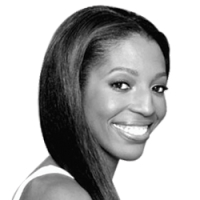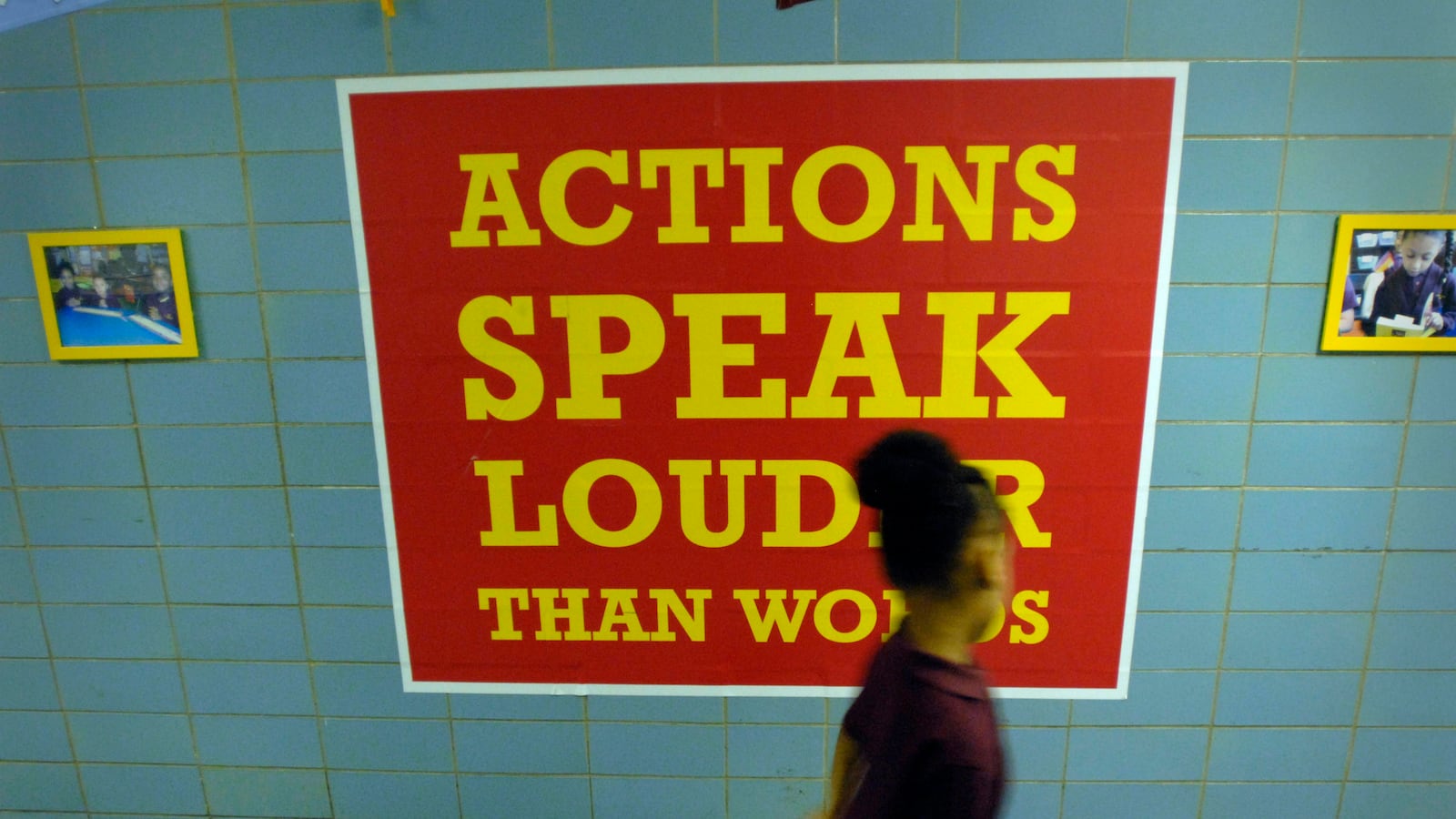The GOP has hit a new low with its presidential nominee running fourth among black Americans. But four years from now, the party just may find itself with an opening among black voters thanks to a surprising source: the NAACP.
In recent weeks, the NAACP and other liberal-leaning social justice groups have come out swinging against charter schools, proving Republicans are not the only ones out of touch with mainstream black Americans. The attack on charter schools by these groups serve as a reminder that if the GOP could ever manage to get its act together (you know, by not nominating candidates who make racist and misogynist comments), plenty of black Americans would be thrilled to have a viable alternative to Democrats, particularly in local contests.
During its most recent national convention, the NAACP reaffirmed a 2014 resolution that declared “School Privatization a Threat to Public Education.” Among the language of this year’s resolution (which you can read in full here) the NAACP resolves to “continue to advocate against any state or Federal legislation which commits or diverts public funding, allows tax breaks, or established preferential advantages to for profit, private and/or charter schools…” Among the concerns of the NAACP and other charter-school critics: Such schools divert much-needed funds from traditional public schools, thus doing further damage to those schools and the children remaining in them. Another critique is that charter schools engage in “skimming,” by educating students with fewer behavioral and academic challenges who are perceived as easier and less expensive to educate.
Let me start by saying those are legitimate critiques. But let me follow that by saying study after study has found that a majority of black parents are not as concerned with these critiques as they are with trying to get their kids into the best school they can—and often those schools are charter schools. A 2015 study found that 65 percent or more of black parents in Louisiana, New Jersey, and Tennessee support charter schools—and that 70 percent of black voters believe in some from of educational choice for parents.
In fact, support for charter schools has actually grown among black Americans in recent years—showing that these advocacy groups for black Americans are moving in the opposite direction of the people they claim to serve and represent.
So what explains this disconnect?
For starters, the voices dominating this conversation often come from the people least affected by its outcome. Though what I’m about to write is a common conservative talking point, it’s an accurate one: Very few of the Democratic elected officials, activists, or celebrities—here’s looking at you, Matt Damon—who rail against charter schools and shape education discourse, and ultimately policy, have to send their kids to a public school. And if they do attend a public school, it’s not the kind where their kids physically fear for their safety, or where library shelves are empty, or where teachers are inadequate and not held accountable.
Furthermore, there remains an unwillingness among most major advocacy groups—on both sides of the political aisle—to have any honest conversation about economic and educational inequality because doing so would be too politically costly among their constituents. What do I mean by that?
Well, if conservatives were honest they would acknowledge en masse that institutional racism has created the vestiges of educational inequality that exist in our country in the first place. And therefore conservatives need not only to advocate for school choice, etc., but be willing to step up and pour the financial resources necessary—yes, via the government—to ensure that every American child enjoys the same education as their own children, and the same fair shot at the American dream.
And if liberals were honest, they would admit that while the school-to-prison pipeline is rooted in racial bias, protecting kids in all schools who want to learn from disruptive kids who don’t is also a social justice issue. They would also admit that no teacher or school can compensate for uninvolved or inadequate parenting.
The reason charter schools seem so unfair—and in some ways are—is because they benefit poor children who have the most involved and ambitious parents, leaving other children even further behind.
But instead of trashing charter schools, how about pouring more resources into parenting classes like other Western countries do? How about we stop cutting home economics programs (yes, I’m serious) so more Americans grow up understanding that becoming a parent—and all the sacrifices it requires to do right—shouldn’t be a default choice, but something you make the decision to do when you have the emotional, familial, and financial stability to do it? How about we stop treating children like products on a conveyor belt, where a one-size-fits-all model of education is expected to work?
But most of all, if groups like the NAACP want to remain the voice of people of color, then they have to listen to all people of color, not just those reciting one party’s platform and talking points. As I have written before, younger black Americans are less party loyal than our parents and grandparents. It is our generation that now has young children beginning their school years, which means issues like charter schools will increasingly determine who younger people of color vote for.
While Donald Trump may be a turnoff this year, he won’t always be on the ballot. The NAACP and other social justice groups that I know care about our community should prepare accordingly, or risk fading into irrelevance.






